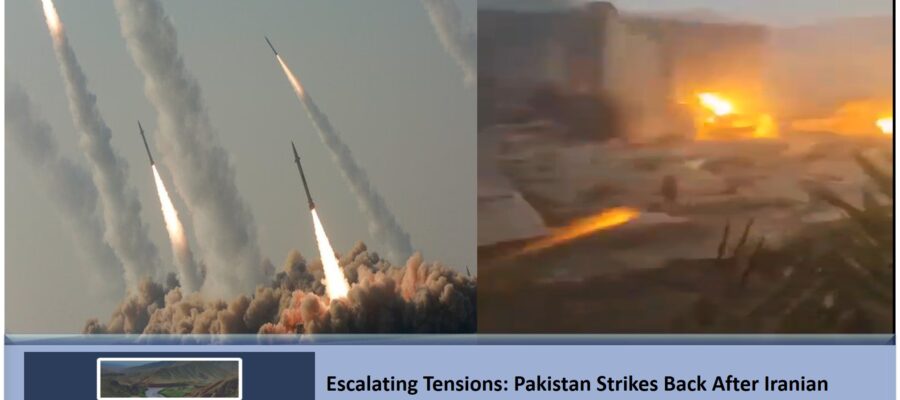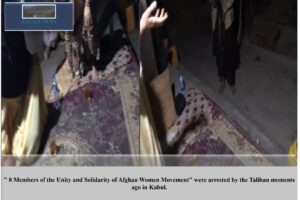Pakistan launched strikes on targets in Iran, just a day after issuing a stern warning to Tehran regarding its assault on the Jaish al-Adl group’s headquarters. The situation has escalated tensions between the two neighboring nations, with both sides accusing each other of violating sovereignty and international law.
The Incidents: Reports from local media indicate that Pakistan targeted the posts of two Baloch separatist groups, namely the Balochistan Liberation Front and the Balochistan Liberation Army. These strikes reportedly took place near the city of Saravan in Iran’s Sistan and Baluchestan province. The move by Pakistan follows Iran’s attack on the Jaish al-Adl group’s headquarters in Pakistan’s southwestern Balochistan province, utilizing both missiles and drones.
Iran justified its actions as a “decisive step” in response to perceived aggression against its national security. In contrast, Pakistan condemned Iran’s breach of its airspace and warned of potential serious consequences.
Pakistan’s Response: The Ministry of Foreign Affairs in Pakistan issued a statement condemning Iran’s actions, labeling them as an “unprovoked and blatant breach” of Pakistan’s sovereignty. The ministry argued that Iran’s actions violated international law and the principles outlined in the Charter of the United Nations. Pakistan declared the incident as completely unacceptable with no justifiable reasons.
Expressing its right to respond to what it deemed an “illegal act,” Pakistan held Iran squarely responsible for the consequences. The Pakistani government conveyed this message to its Iranian counterparts and took several diplomatic measures in response.
To emphasize its discontent with Iran’s actions, Pakistan decided to recall its ambassador from Iran. Additionally, the Iranian Ambassador to Pakistan, currently in Iran, was instructed not to return for the time being. Furthermore, Pakistan opted to suspend all high-level visits that were either ongoing or planned between the two countries in the coming days.





